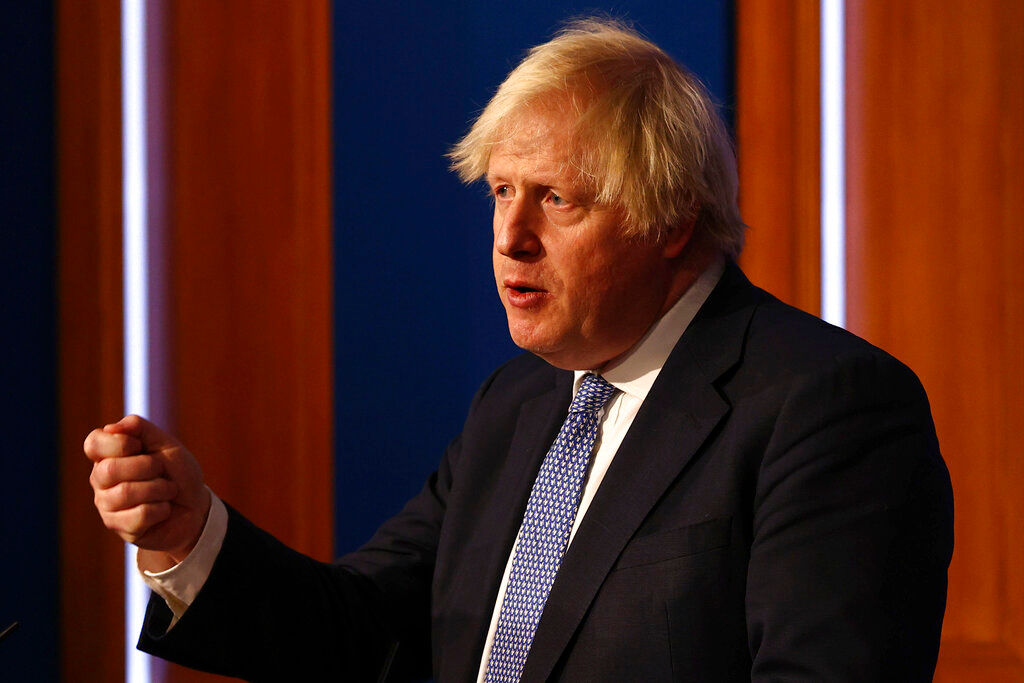Prime Minister Boris Johnson on Monday said that the UK will not ease visa demands for refugees coming from Ukraine. The statement from the Conservative Party leader came as the United Nations estimated that more than 1.5 million people have fled Ukraine since the Russian invasion.
Also read: Russia ready to stop war against Ukraine ‘in a moment’ if demands are met: Kremlin
Johnson said that the UK was a generous country but it needed to maintain checks on who was arriving.
“We are a very, very generous country. What we want though is control and we want to be able to check. I think it’s sensible given what’s going on in Ukraine to make sure that we have some basic ability to check who is coming in,” Johnson told reports.
Also read: Ukraine crisis: 406 civilians killed, 801 injured amid Russian attack, says UN
He made the statement as UK is being criticised for not doing enough for the refugees fleeing Ukraine. The British government has relaxed some visa rules for Ukrainians with links to the UK. As per BBC, 50 Ukrainians – about 1% of those who applied within 48 hours of the government launching the scheme – were granted a visa.
However, UK lawmakers are set to pass a bill on Monday aimed at toughening sanctions on Russia and rooting out ill-gotten money from the British economy.
Also Read: Ukraine blocking humanitarian corridors: Russia accuses Kyiv of war crime
Prime Minister Johnson said the Economic Crime Bill will let British authorities ”pursue (Russian President Vladimir) Putin’s allies in the U.K. with the full backing of the law, beyond doubt or legal challenge.”
Also Read: Why Russian military vehicles are sporting “Z” symbol in Ukraine. Explained
Johnson has repeatedly claimed that Britain is leading international efforts to punish Putin over the invasion of Ukraine. The U.K. has slapped sanctions on a host of Russian banks and businesses, measures the government says have curtailed more than 250 billion pounds’ ($330 million) worth of Russian economic activity. So far, though, it has sanctioned only a handful of Kremlin-linked individuals with assets in Britain, fewer than either the European Union or the U.S.







